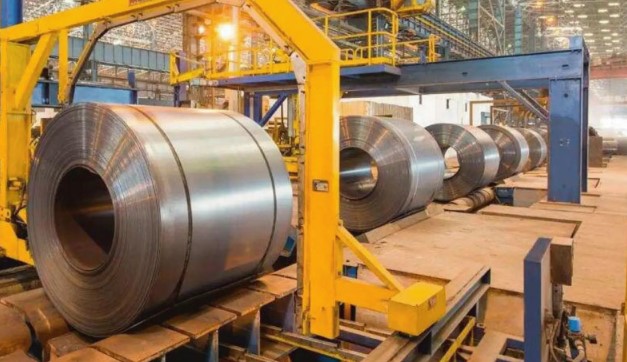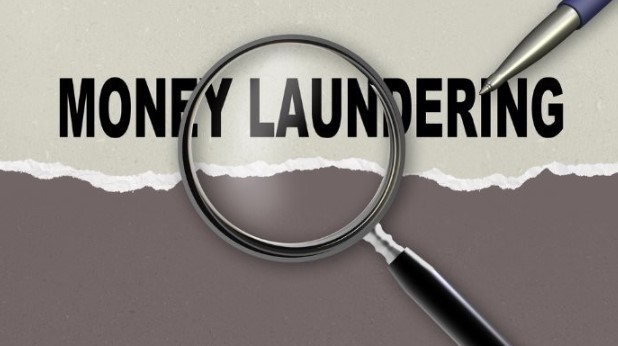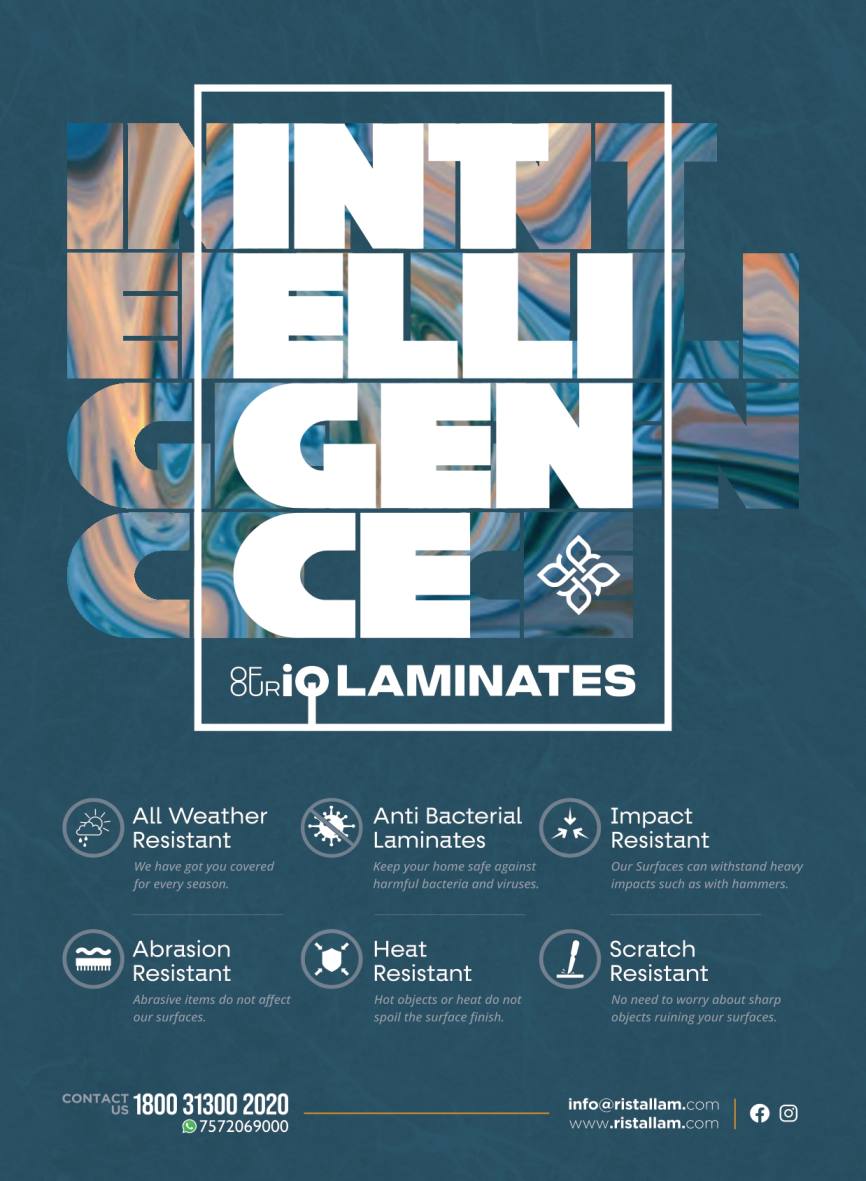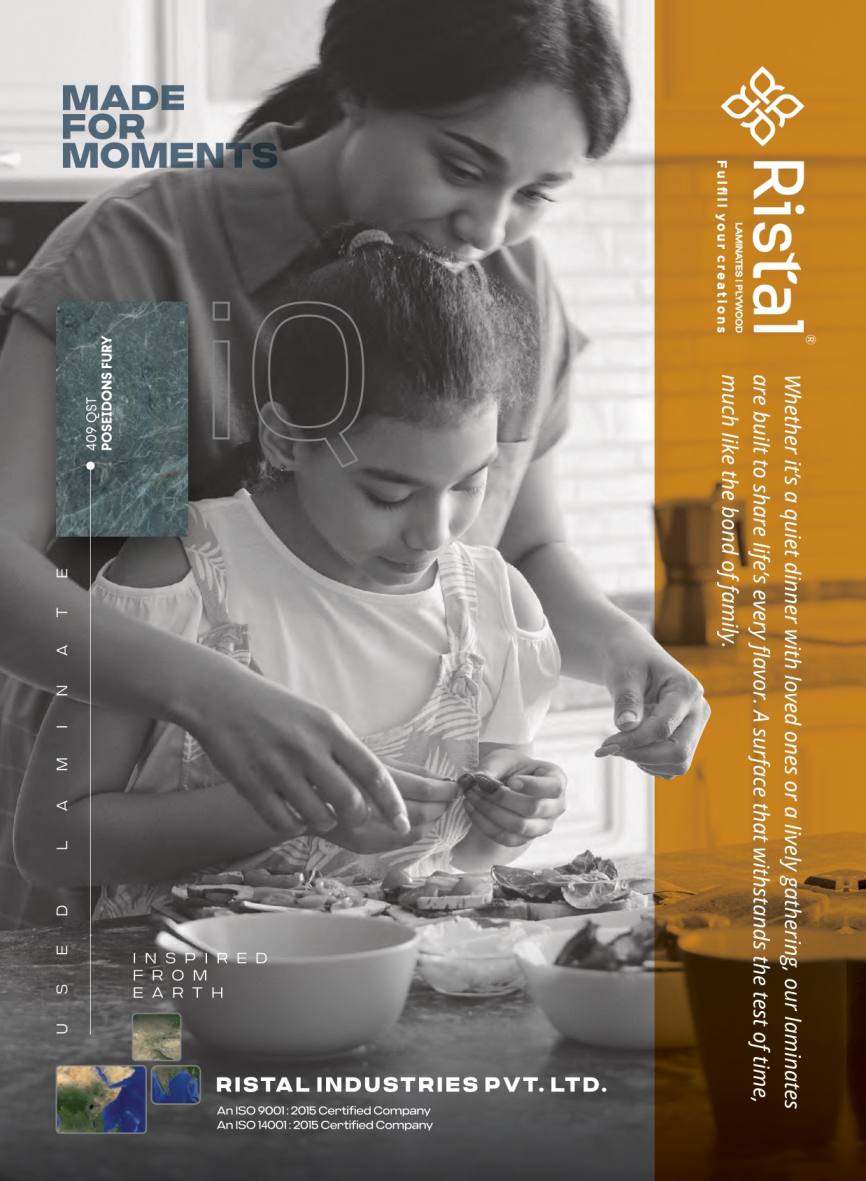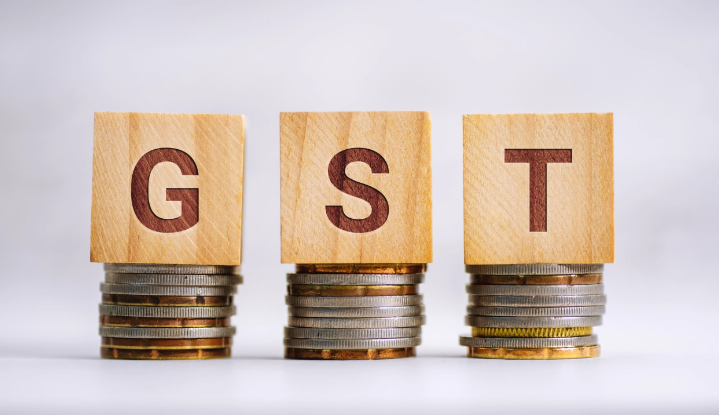
Enhanced revenues expects reforms in GST
- August 9, 2024
- 0
The goods and services tax (GST) system has more or less stabilised, which is evident from the steady increase in its collections over its seven-year journey.
With enhanced revenues from GST, one expects that the stage is set for shifting towards GST 2.0. However, reforms such as rationalising rates and including petrol and diesel in its fold may take some time to materialise.
While the Centre is in favour of these two fuels coming within the ambit of GST, states are reluctant. States’ revenues from sales tax/VAT from petroleum constituted 16-17 per cent of their own tax revenues for the last five years till 2022-23.
For the Centre too, they are a big source of important tax revenues.
At present, GST is not imposed on crude oil, petrol, diesel, aviation turbine fuel (ATF) and natural gas among petroleum.
Along with expanding the scope of GST to petroleum, particularly petrol and diesel, reducing the tax slabs is an important pending reform of this indirect tax system.
Currently, four slabs are there under the GST system – 5 per cent, 12 per cent, 18 per cent and 28 per cent – besides cess over the peak rates on luxury and sin goods and lower rates on bullion.
This was part of the agenda but was deferred since the Centre and the states did not want to take any decision in haste without considering its impact on revenues.
The proposal was to merge the 12 per cent and 18 per cent slabs and form a new slab somewhere in between. The government is analysing how to strike a balance between consumer interests and the interests of the exchequer since those items attracting 12 per cent rate and see higher rate and those drawing 18 per cent would face lower rate.
Input tax credit
The issue of restrictions on availing input tax credit (ITC) has also plagued the GST system. ITC can be claimed till next November of the close of the financial year. After that ITC can’t be claimed. The other issue is credit cannot be claimed if it is not shown in the seller form GSTRI, even though taxpayers have paid the taxes.

